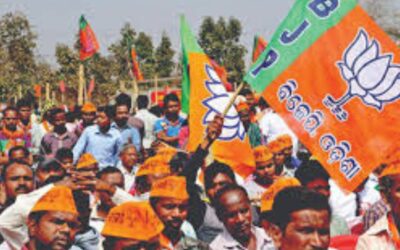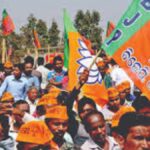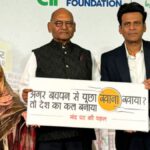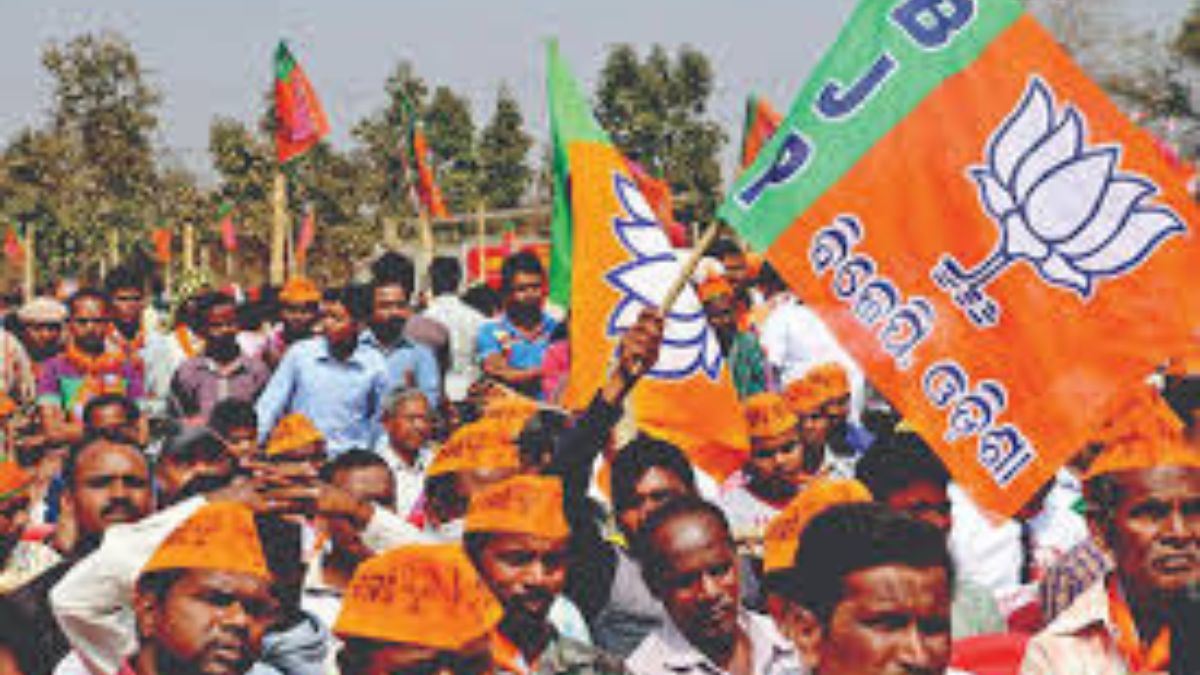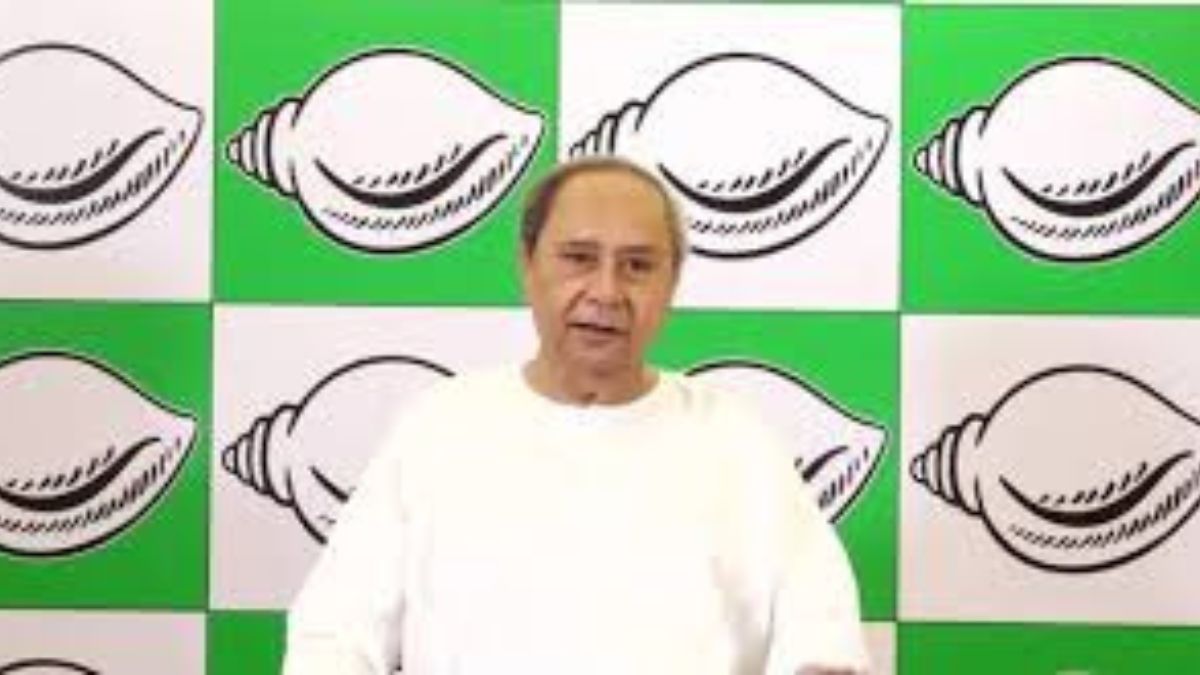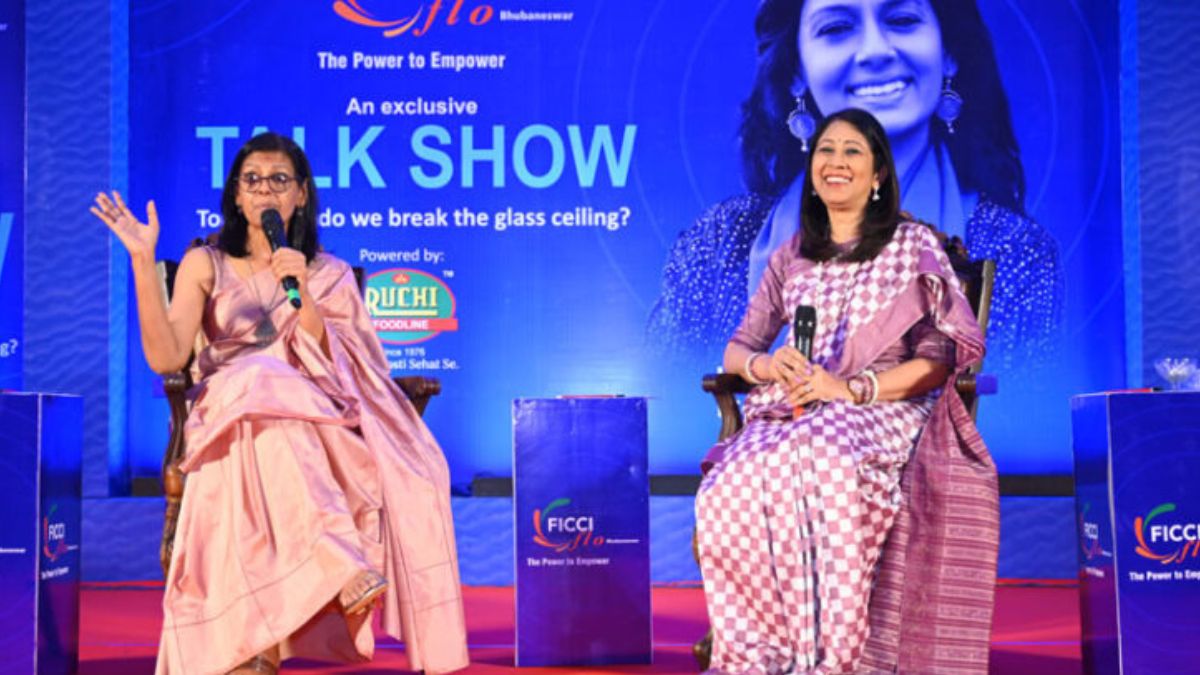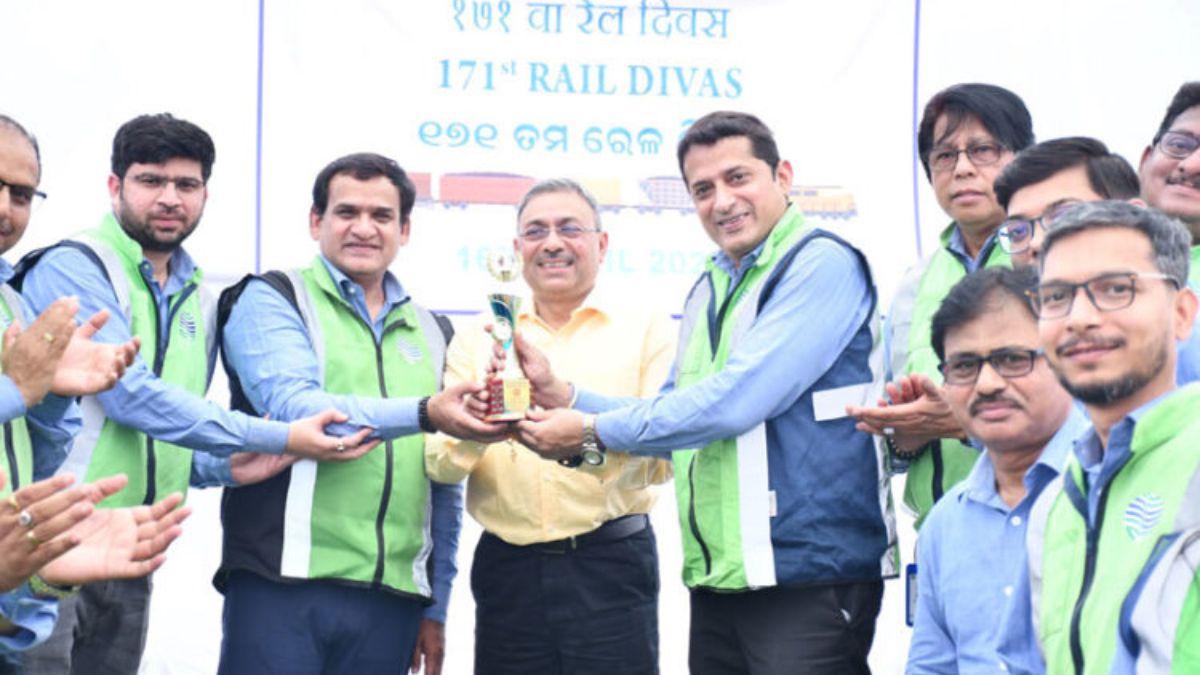EMINENT ACADEMICIAN SPEAKS ON ‘TRANSFORMING ACADEMIC INSTITUTIONS’
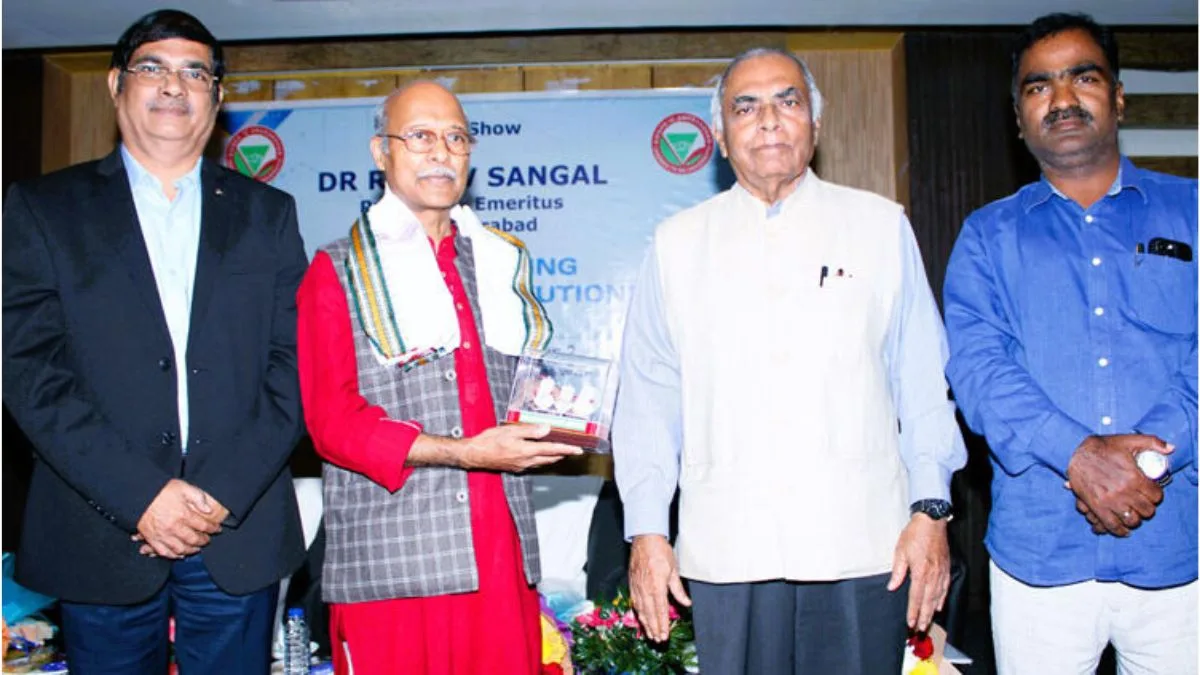
Bhubaneswar: An eminent academician said, “A curriculum intended to transform an academic institution rested on three pillars—head, hand, and heart. But it was not working.”
Professor Rajeev Sangal, Professor Emeritus at the Indian Institute of Information Technology, Hyderabad, expressed his views during a lecture on ‘Transforming Academic Institution’ at Siksha ‘O’ Anusandhan on Tuesday.
Prof. Sangal pointed out the imbalance in many curricula, emphasizing an excess focus on theoretical knowledge (mind), minimal attention to practical skills (hand), and a lack of emotional and ethical aspects (heart). He shared insights from his successful experiment at IIIT, Hyderabad, where he reversed the conventional process by prioritizing practical application before theory.

In traditional institutions, Prof. Sangal observed a common approach of teaching theory first, with limited practical exposure. This often led students to memorize information for exams without truly internalizing the concepts.
Highlighting the critical role of a learner’s intense desire to learn, Prof. Sangal lamented the diminishing prevalence of such eagerness in current educational settings. To create a truly successful educational environment, he emphasized three key aspects: a layer of process and system, a layer of cultural openness striving for excellence, and the foundational layer of universal human values.
Exploring the theme of making an institution great, Prof. Sangal underlined the importance of universal human values as the core foundation. He was introduced by Prof. Pradipta Kumar Nanda, Vice-Chancellor of SOA, and welcomed by Prof. Jyoti Ranjan Das, Dean (Students’ Welfare). Prof. Damodar Acharya, Chairman of SOA’s Advisory Board, commended Prof. Sangal’s pioneering efforts to integrate universal human values into the engineering curriculum.
Expressing gratitude, Prof. Nachieketa K. Sharma, SOA’s Director, University Outreach Program, delivered the vote of thanks. The lecture was attended by deans, faculty members, and students from various institutions under SOA.

